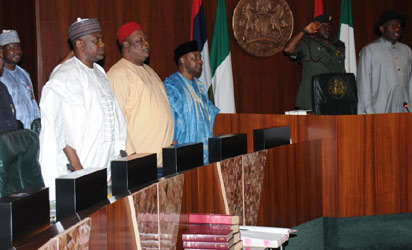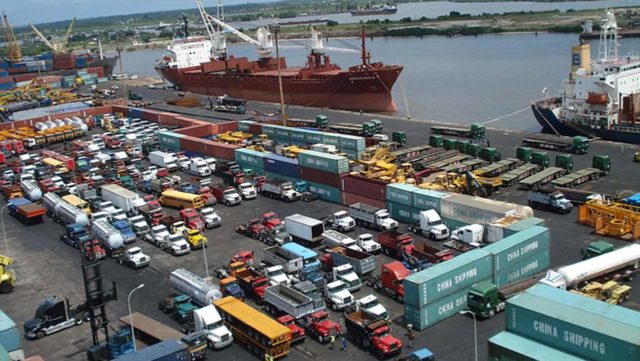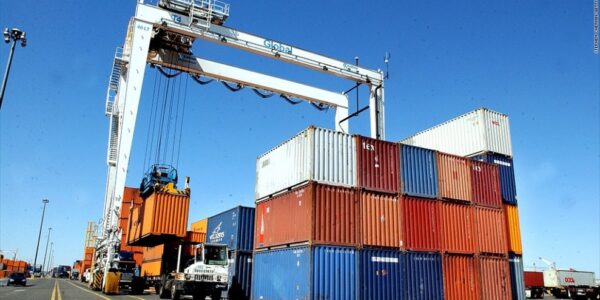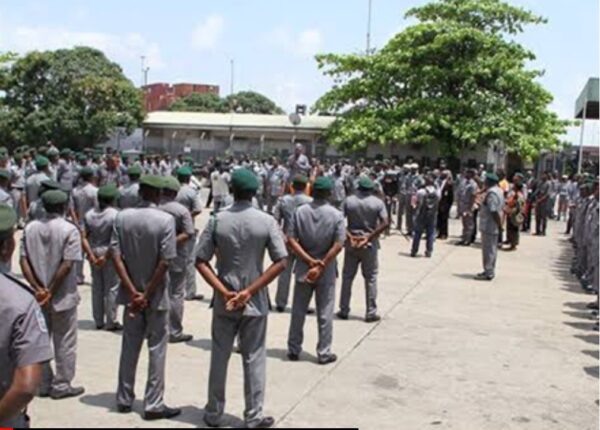Diversifying Nigeria’s Economy: Transport & Agriculture
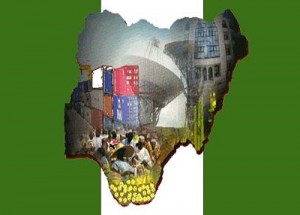 Last week, Nigeria’s President reechoed the need to diversify the nation’s economy as a means towards overcoming the current economic recession. Hence, we look at the critical roles of the transportation and agricultural sectors which are key to attaining effective diversification.
Last week, Nigeria’s President reechoed the need to diversify the nation’s economy as a means towards overcoming the current economic recession. Hence, we look at the critical roles of the transportation and agricultural sectors which are key to attaining effective diversification.
Despite the lofty potentials of agriculture in Nigeria, transport infrastructure projects have negatively affected the sector due to poor policy formulation. Despite the low budget allocation to transport sector, on the average, transport had the highest budget performance, and therefore the highest performance rate.
Research on transportation infrastructure development in Nigeria is not new, however; understanding transportation integration and management with other productive sectors of Nigerian economy is still under-researched. Data on transportation and agriculture investment are not readily available despite its importance to national development. Integration between state and federal governments’ activities was recommended to identify the resource areas within the state to make policies that would enhance the income of both the state and the federal government.
As an agrarian country, Nigeria’s transportation infrastructure projects which support development are inadequate; this stems from poor policy formulation to no solid infrastructure. Project discontinuity in transportation is still challenging government administration in Nigeria: for instance, the difficulty in the privatization of the railways to curb problems of monopoly except for the recent impetus from the present government. In the past such investment failure was due to corruption, politics and poor governance.
The role of the railways in establishing the interrelationship between agriculture and transportation is crucial.Railways have the ability to effectively distribute goods, and transport passengers locally and develop markets for goods export. Where optimal utilisation of railway transportation happens, there is tendency for market activities for agricultural produce within the country to improve. The realisation of this improvement is pivotal on the interdependence between rail transportation and agricultural activities, which has not been achieved so far in Nigeria. There is no significant investment in the railways irrespective of its contribution to agricultural distribution. For example, the Nigerian railway system was designed around an agrarian economy. Given that the railway freight depended on agriculture, the interdependence between rail transportation and agriculture also the market had already been established.
There have been a few failed attempts at railway investment with the potential of generating profit and consequently integration with agriculture. The most recent was a $60bn investment in 2006 with the expectation that such investment would increase its profitability and subsequently generate revenues for the government (Nigerian Railway Corporation, 2011). This project was discontinued.
In 1995, a bilateral agreement for improvement of the infrastructures and operations of railways between the Chinese Government and the FGN did not take off and the reason was the problem of discontinuity concerning projects in Nigeria.
There is no justification for the abandonment of rail projects in Nigeria for other modes of transport and this remains a big threat to the survival of the rail operations.
If agricultural produce is to be mass transported, then railways are essential infrastructure to develop as it remain the cheapest and most suitable means of transporting heavy cargo especially to the seaports. This development should be interconnected with the road to ICDs for optimum operations and seamless flow of traffic. The current state of transport infrastructure provision in Nigeria is appalling and the major problem is that 90% of freight movement in Nigeria is dominated by road (OECD, 2006).
Integrating road network with other modes of transport: rail, sea, air enhances economic development and agricultural produce distribution. Although, such integration has not been realised, the proposed National TransportCommission and the federal government’s recently signed $5.1bn contracts with the China Civil Engineering Construction Corporation for the construction and modernization of rail lines in different parts of the country, are welcome developments.



